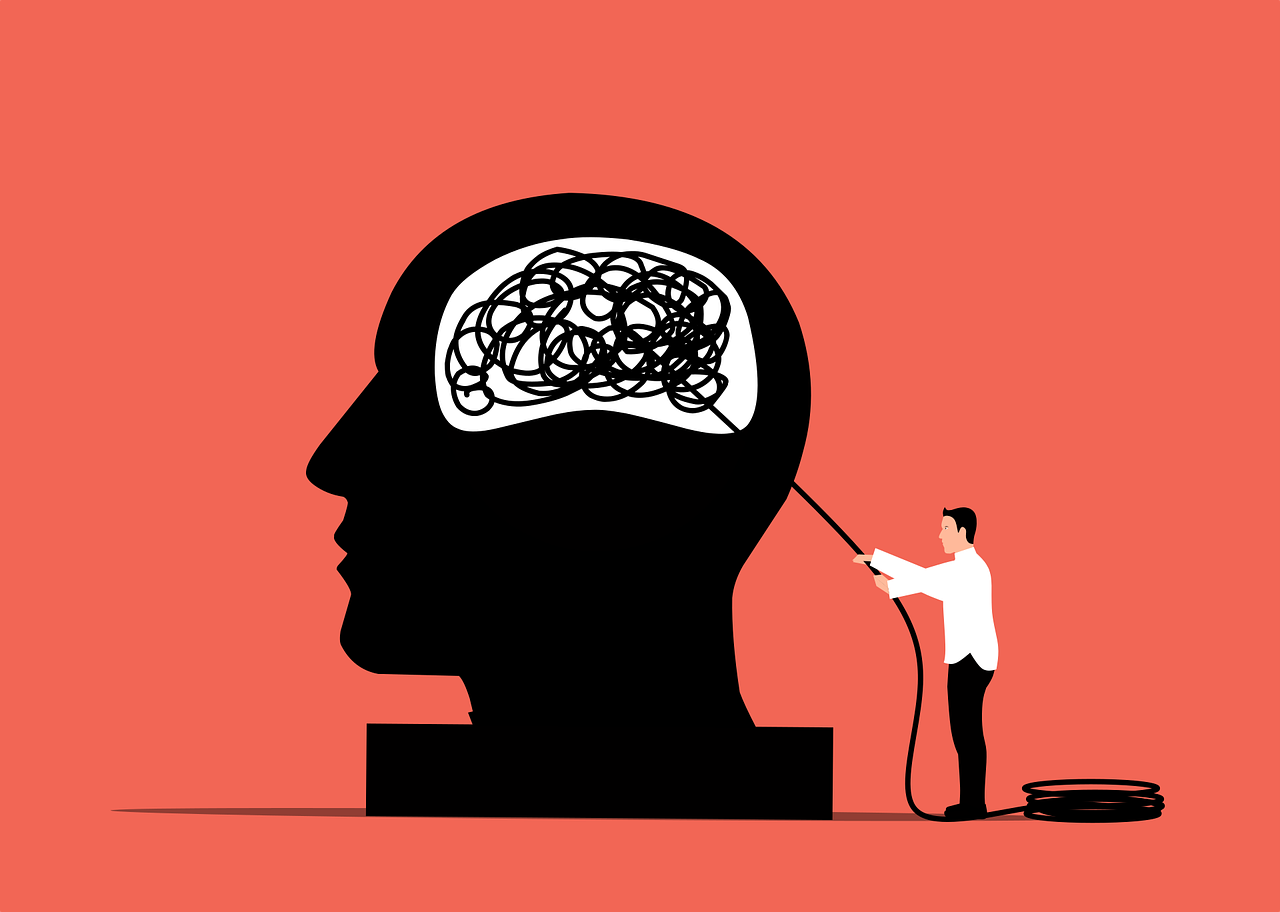In today’s fast-paced world, mental health has become a growing concern for many individuals. Stress, anxiety, depression, and other psychological issues can impact daily life, relationships, and overall well-being. One commonly recommended approach for addressing these challenges is psychotherapy. However, many individuals wonder: Is psychotherapy right for me? The answer to this question depends on various factors, including personal circumstances, the nature of one’s struggles, and openness to the therapeutic process.
Understanding Psychotherapy
Online Psychotherapy USA, also known as talk therapy, is a process in which a trained therapist helps an individual explore and address emotional and psychological concerns. It encompasses various approaches, such as cognitive-behavioral therapy (CBT), psychodynamic therapy, humanistic therapy, and more. Each type of therapy has its unique methodology, but all share the common goal of promoting mental health and well-being.
Signs That Psychotherapy May Be Beneficial
While psychotherapy is beneficial for many individuals, certain signs suggest it may be particularly helpful. These include persistent feelings of sadness or anxiety, difficulty coping with stress, relationship challenges, traumatic experiences, and unhealthy behavioral patterns. If emotional distress is interfering with work, school, or personal relationships, seeking therapy could be a valuable step toward regaining control and improving quality of life.
Factors to Consider Before Starting Therapy
Before deciding whether psychotherapy is the right choice, it is important to consider a few factors:
- Openness to Self-Reflection: Therapy requires individuals to explore their thoughts, emotions, and behaviors honestly. Those who are willing to engage in self-reflection are more likely to benefit from the process.
- Commitment to the Process: Progress in therapy takes time, and consistent attendance and engagement are essential for meaningful change.
- Willingness to Make Changes: Therapy often involves learning new coping strategies and modifying behaviors. Those open to making changes in their lives will likely see better results.
- Financial and Time Investment: Therapy can be an investment of both time and money. Considering whether one has the necessary resources can help in making an informed decision.
Alternatives to Traditional Psychotherapy
For individuals hesitant about psychotherapy or unsure if it is the right fit, alternative approaches exist. Self-help books, support groups, mindfulness practices, and online therapy platforms can provide guidance and support. In some cases, lifestyle changes such as improved diet, exercise, and social engagement can also contribute to better mental health.
Deciding whether psychotherapy is right for oneself is a personal choice that depends on individual needs and circumstances. If emotional struggles are affecting daily life and other coping mechanisms have not provided relief, seeking therapy may be a worthwhile option. With the right approach and commitment, psychotherapy can be a powerful tool for personal growth, healing, and overall mental well-being.
